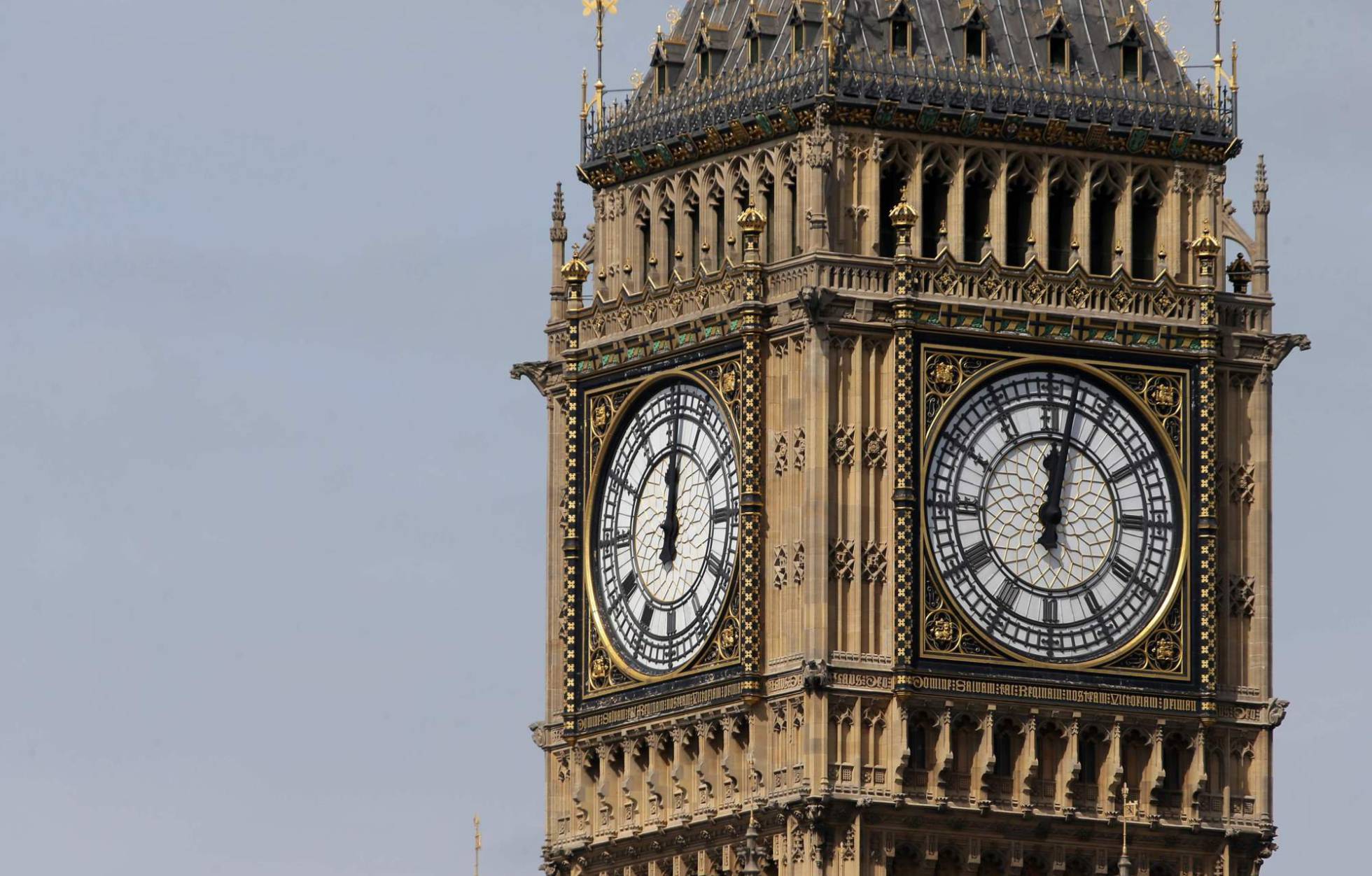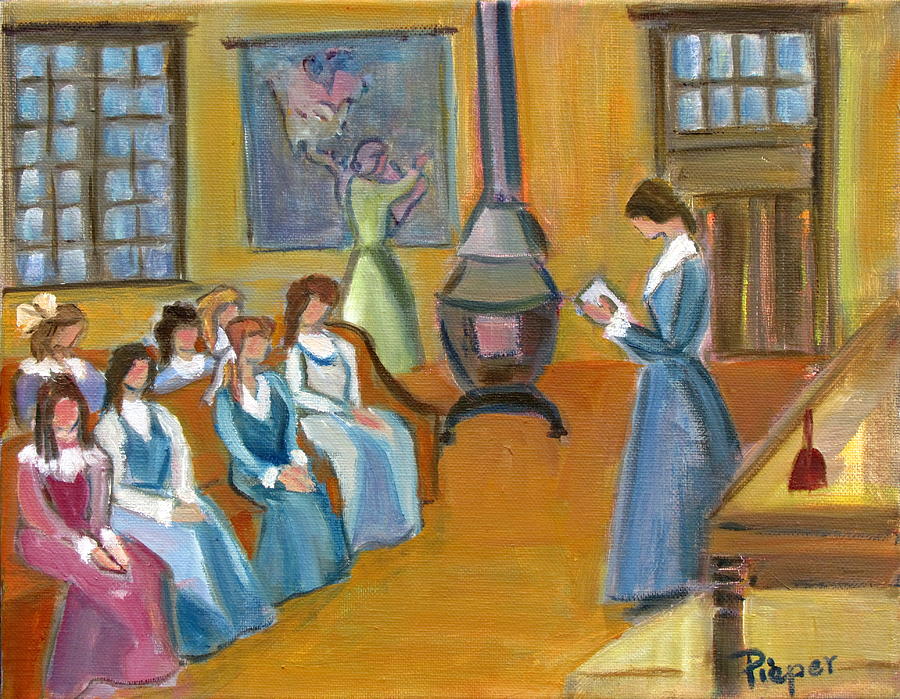we can look at three
kinds of information to help decide how much vocabulary needs to be learned - the
number of words in the language, the number of words known by native speakers, and the
number of words needed to use the language.
How many words do native speakers know?
A less ambitious way of setting vocabulary learning goals is to look at what native speaker of the language know. Unfortunately, research on measuring vocabulary size has generally
been poorly done (Nation, 1993c), and the results of the studies stretching back to the late
nineteenth century are often wildly incorrect. We will look at the reasons for this later in
this book.
Recent reliable studies (Goulden, Nation and Read, 1990; Zechmeister, Chronis, Cull,
D=Anna and Healy, 1995) suggest that educated native speakers of English know around
20,000 word families. A word family consists of a headword and its closely related
inflected and derived forms. These estimates are rather low because the counting unit is
word families which have several derived family members and proper nouns are not
included in the count. A very rough rule of thumb would be that for each year of their early
life, native speakers add on average 1,000 word families a year to their vocabulary. These
goals are manageable for non-native speakers of English, especially those learning English
as a second rather than foreign language, but they are way beyond what most learners of
English as another language can realistically hope to achieve
How much vocabulary do you need to use another language?
Studies of native speakers= vocabulary seem to suggest that second language learners need
to know very large numbers of words. While this may be useful as a long term goal, it is not
an essential short term goal. This is because studies of native speakers= vocabulary growth
see all words as being of equal value to the learner. Frequency based studies show very
strikingly that this is not so, and that some words are much more useful than others.
High frequency words
There is a small group of high frequency words which are very important because
these words cover a very large proportion of the running words in spoken and written
texts and occur in all kinds of uses of the language.








